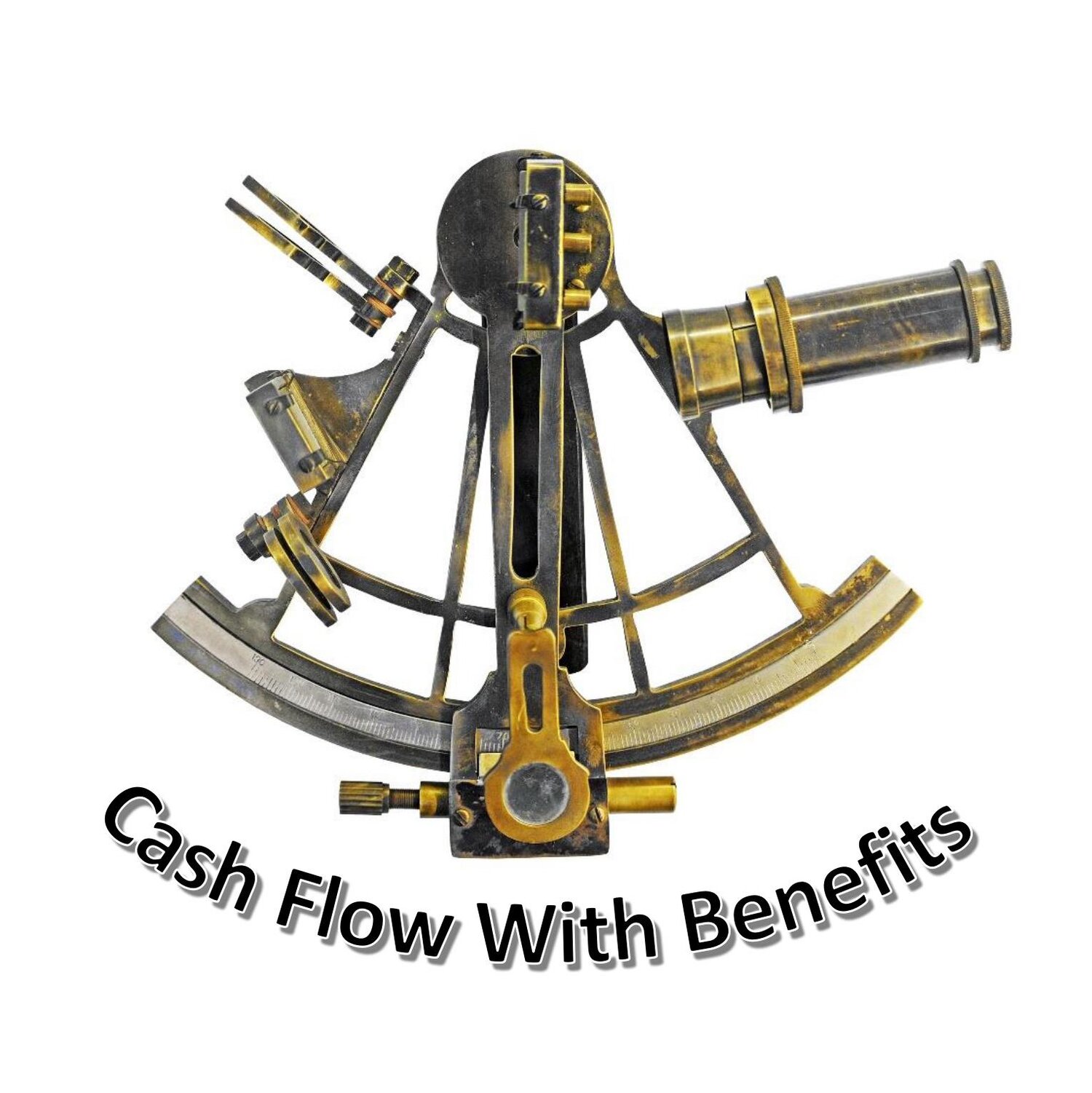Okay. We know how you’re feeling: “The Infinite Banking Concept sounds pretty impressive, but I don’t have a pile of cash laying around at the end of each month. Where can I find the money to get started?”
Your policy will be custom tailored to your unique situation, goals and dreams, and there is no set amount you need to put in to start a policy. As a general guideline, plans funded with a minimum of $250 a month grow more efficiently, and you can put in as much money as you wish (the upper limit is determined by your income and assets).
Not sure you can set aside at least $250 a month to grow your wealth safely and predictably?
Don’t rule yourself out.
Cash Flow with Benefits is helping people restructure their finances and freeing up more seed money to fund a plan which can help you reach your goals and dreams – without the risk or volatility of traditional investments.
1. Restructure debt
In some situations, cleverly reducing debt will allow you to use the dollars freed up for your policy. There is a half dozen ways to do this, which can free up a significant amount of monthly cash flow to help fund a policy that could help you achieve your goals as quickly as possible.
2. Reduce funding of your 401(k) or other retirement plans
Many people find money to finance their policy by backing off on funding their 401(k) or other retirement accounts, and continuing to pay only the amount that their employer matches. This brings them the guarantees, tax advantages, and flexibility IBC provides that their traditional, government-sponsored 401(k), IRA or pension plan does not. It lets them stop playing retirement-plan poker and have the peace of mind that a predictable retirement income stream brings.
3. Cash out part or all of your IRA or 401(k)
You can use part or all of the money you have contributed into an IRA or 401(k) to fund your IBC account. There are taxes and fees associated with this option. You should evaluate this option and consult your qualified advisor and tax professional before considering this option.
4. Tap your savings
If you have been building an emergency fund in a savings or money market account, a policy designed to maximize the power of the Infinite Banking Concept can also serve as an emergency fund, so you may want to consider opening a policy and moving some of your current savings into it.
The return of an IBC policy beats the interest rates of savings and money market accounts and CDs – without increasing your risk.
5. Rethink that tax refund
Some people love getting a big tax refund check in the mail every year. But that’s your own money you’re getting back. You’re giving the government an interest-free loan, while getting a zero rate of return on your money. It’s fast and easy to adjust your withholding, immediately increasing your monthly cash flow (in some cases by hundreds of dollars a month), and you could then use those dollars to fund your policy.
6. Make lifestyle changes
One option to consider that could enable you to start a plan sooner is holding onto your car a few years longer than you normally would and holding off on buying a new one. It’s also easy to cut monthly costs through simple changes like eating out less, and bundling your Internet, cable TV, and phone services.
7. Convert existing life insurance policies
Transferring cash value from existing policies may be an option. In some situations, taking a withdrawal from the old policy and using that to fund a policy that meets the requirements for IBC may be an option. (A word of caution: Giving up an old insurance policy is not always in your best interest. I can explain the pros and cons and show you the impact of doing this.)
8. Manage your home equity wisely
Many people like the feeling of security that comes with building up equity in their home, or owning it free and clear. Some people make extra mortgage payments, or refinance to a 15-year mortgage, even if it makes them feel financially pinched. But there are hidden dangers to the belief that you can’t have too much equity in your home:
· Payments of principal you make into your home do not make money for you
· The equity in your home is not liquid
· The equity in your home is not guaranteed (a fact which came as a shock to many when the real estate market crashed)
· There is no tax benefit to having equity in your home
Unfortunately, many people never discover these pitfalls until it’s too late!
You may find that you can restructure your mortgage, or stop making extra payments of principal, and free up more seed money to help fund a policy, so you can move closer to a secure financial future.
That is not to suggest that you use your home equity to directly finance your lifestyle, or that you use your home as an ATM, as it’s been referred to in recent years. This will not get you the desired result.
But if you put those dollars into the kind of policy recommended for the Infinite Banking Concept, you could then borrow your equity in the plan to make major purchases, paying your loans back to your plan, so you recapture the interest you now pay to outside finance companies… and so you can ensure you have a worry-free retirement.
